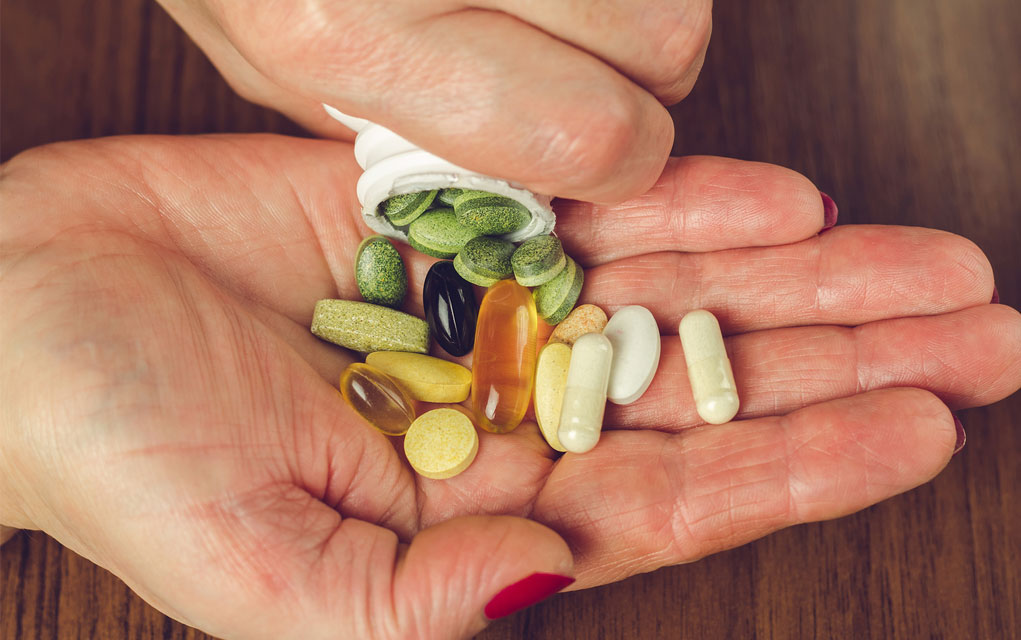Vitamins are compounds that are not made in the human body but are needed for healthy nutrition and normal growth. Because vitamins are not self-made, they need to be consumed through a healthy and balanced diet. There are two types of vitamins:
- Fat-soluble vitamins – These are absorbed, stored and removed in the body through fat.
- Water-soluble vitamins – These are absorbed, stored and removed through water.
Today let’s have a look at water-soluble vitamins. Below is a table that explains the role that each water-soluble vitamin plays in the body, and what food sources you can include in your diet:
| Vitamin | Function | Sources |
| C | Essential for connective tissue, energy production and is an antioxidant. | apricots, apple, rockmelon, oranges, lemons, blackberries, strawberries, tomatoes and carrots
|
| B1 (Thiamine) | Help in muscular and nervous system function, energy production from CHO. | legumes, peas, nuts, seeds, pumpkin, asparagus, plumbs, broccoli, lamb, milk, liver, oatmeal, bread, fish, rice, cheese, eggs, and beef.
|
| B2 (Riboflavin) | Cellular health, immune system and adrenal gland function. | liver, kidney, milk, eggs, cheese, fish, oatmeal, bread, spinach, lettuce, bananas, figs, apples and berries
|
| B3 (Niacin) | Cell metabolism | Bran, cooked liver, canned tuna, chicken liver, smoked salmon, turkey, chicken, sardines, veal, rump steak, and peanuts
|
| B6 (Pyridoxine) | Essential for immune and nervous system function and, red blood cell function. | Bran, soy flour, walnuts, banana, peanut butter, liver, sardines, tuna, avocado, white fish, and lean meat.
|
| B9 (Folate) | Essential for the generation of new cells; protects the cells DNA; important for fetal development during pregnancy. | Lentils, collard greens, chickpeas, spinach, asparagus, soybeans, peanuts, eggs, bananas, tinned salmon and milk.
|
| B12 | Important for red blood cell and nerve cell function | lamb liver, lamb kidneys, chicken liver, canned sardines, milk, turkey, white fish, lean beef and eggs
|
It is important that you consume the right amount of each vitamin; eating too little of certain vitamins, as well as eating too much can lead to health issues - deficiency on one end and toxicity at the other. For more information, consult a dietitian.







.png)

